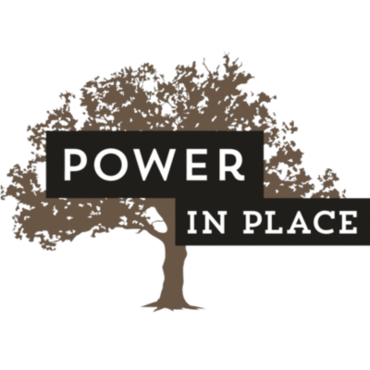Illustration by Nat Thomas for St. Louis Public Radio.
BY: SOPHIE LOVERING, SUMMER 2020 COLLABORATOR AT POWER IN PLACE
The COVID-19 pandemic has affected the world unlike any other phenomena; every day we see people and businesses making difficult decisions, trying to balance financial sustainability with health. One decision that must be made as we approach the end of the summer is how education will take place in the fall. In my younger brother’s school district, the Board of Education initially discussed using all public schools to educate elementary school-aged children in-person, and virtually educating older children who could stay at home alone. Following outrage in response to this idea, the Board of Education eventually decided to delay all in-person activities until at least January of 2021, at which time the situation will be re-assessed.
Personally, I have not come to a definitive opinion on the “best” fall plan. Children are at a lesser risk in this pandemic, and I believe that early education is critical to long-term development and mental health. However I also recognize that normal in-person education would put teachers and other school staff members at risk, especially in lower grades where children would struggle wearing masks correctly.
Although I have not yet come to a conclusion about the best fall plan, I think it is important to consider all aspects of the issue. Gender and gender bias must be taken into consideration in answering the fall reopening question. Societally, women often face the brunt of childcare. They are recognized as homemakers and not breadwinners. Should schools close this fall, many families will need near constant childcare. This responsibility will likely fall to mothers, given established societal expectations. Even without these expectations, women may differentially suffer from the increased burden of childcare. Because of the gender wage-gap, in two-parent families with a mother and a father, the mother is likely to have a lower income, and therefore it would make financial sense for the mother to become the main provider of childcare. Additionally, single fathers are far less common than single mothers [1]; families with only one adult member will struggle to balance childcare with income, and this struggle will differentially and negatively impact women. Opening schools will also present unique challenges for women. There are significantly more women that teach than men, so women will face a disproportionately higher risk with in-person education.
It is critical to analyze all spheres of life in approaching this pandemic. Each day we neglect to follow social distancing guidelines is another day that we delay a return to normal life. This fall, students will face the consequences of our continued carelessness. There is not necessarily one correct answer to reopening schools this fall, and it will likely be a personal decision whether or not to attend school. However, it is important to acknowledge that whatever decision we make will likely differentially impact women, as they already face societal and financial discrimination. We must consider and manage all aspects of health, including the physical and mental health of children, teachers, and parents.
References
[1] Livingston, Gretchen. “The Rise of Single Fathers.” Pew Research Center. July 2, 2013. https://www.pewsocialtrends.org/2013/07/02/the-rise-of-single-fathers/.
Sophie Lovering is a rising junior at the University of Pennsylvania majoring in Philosophy, Politics, and Economics (PPE) and minoring in American Sign Language and Deaf Studies. She is involved in the Penn Undergraduate Law Journal, Penn Special Olympics, Penn's Beyond Arrests: Re-Thinking Systematic Oppression, and Penn Women's Rowing. She is interested in criminal justice reform and social justice advocacy.


